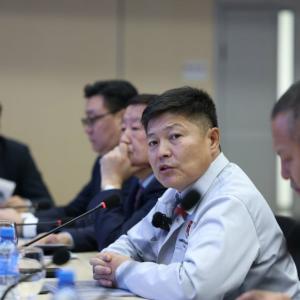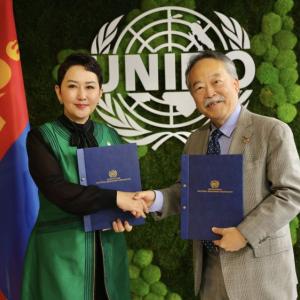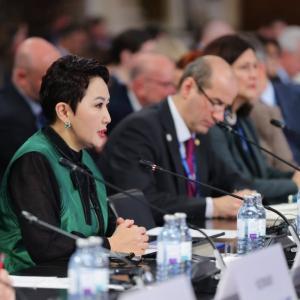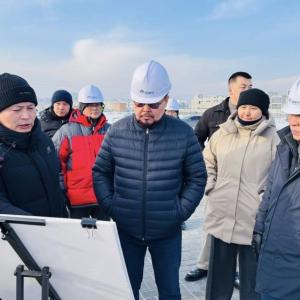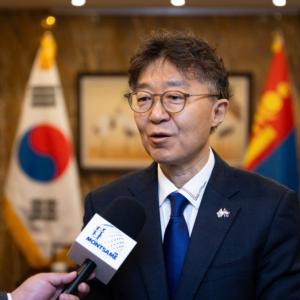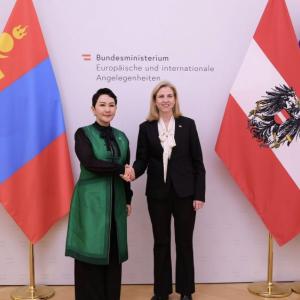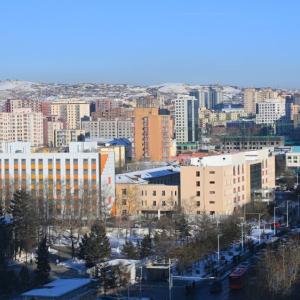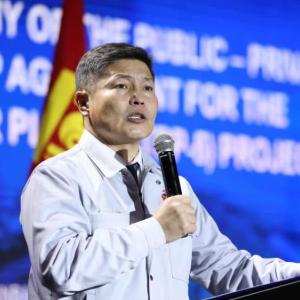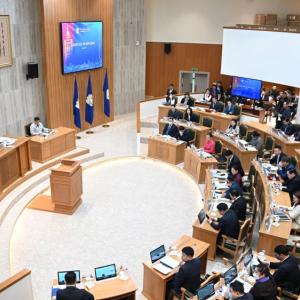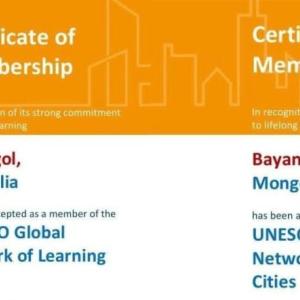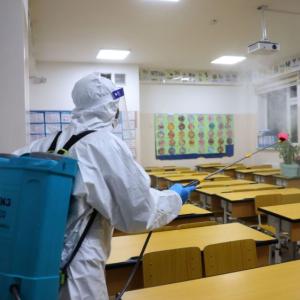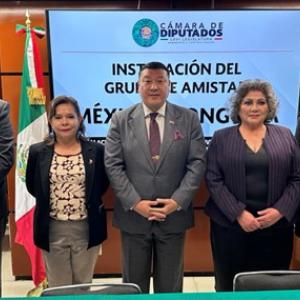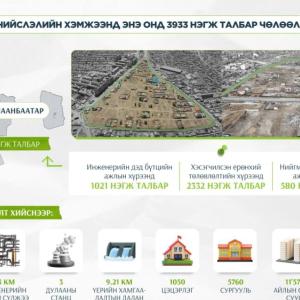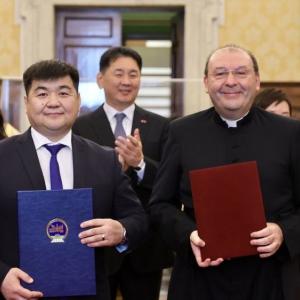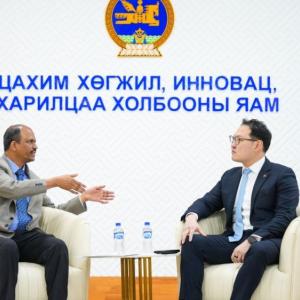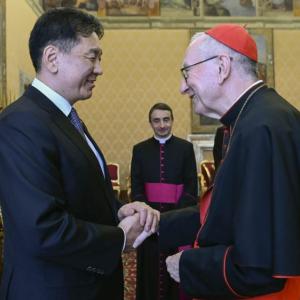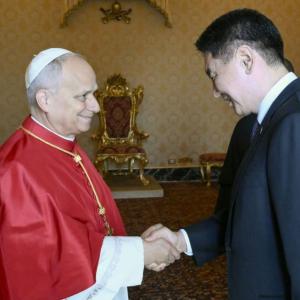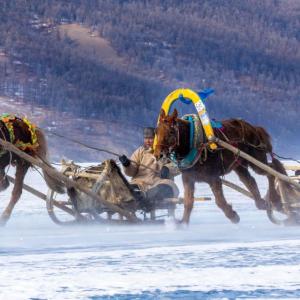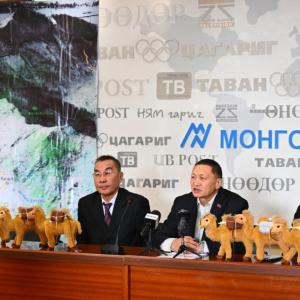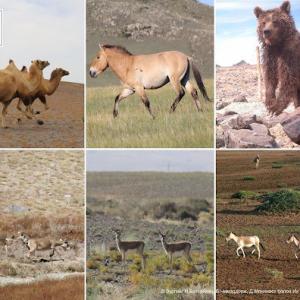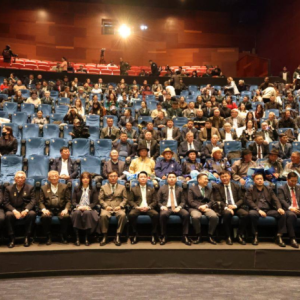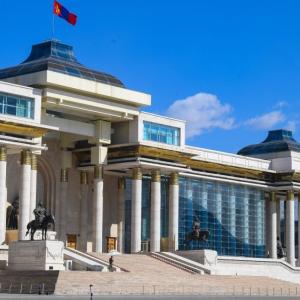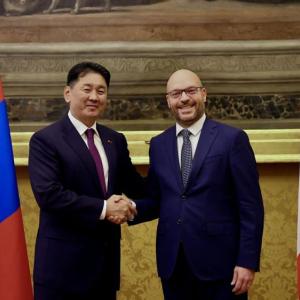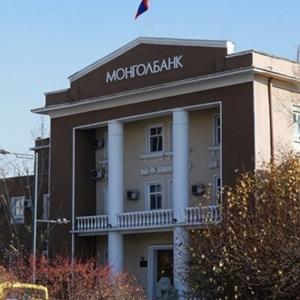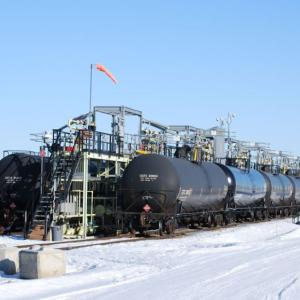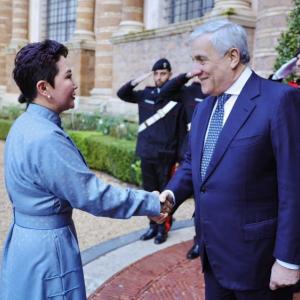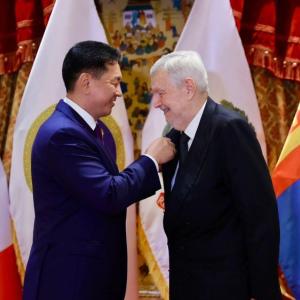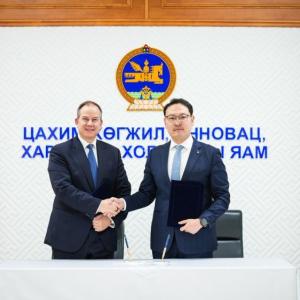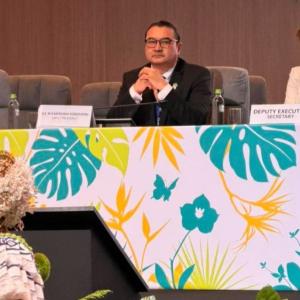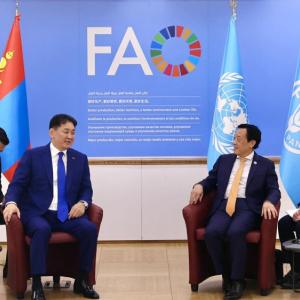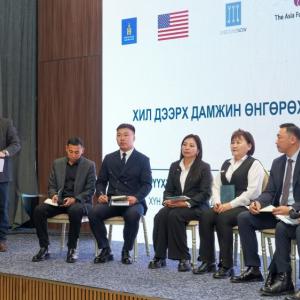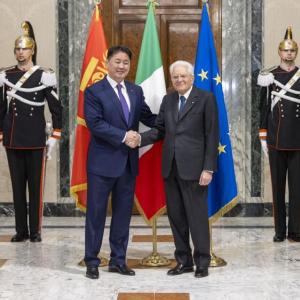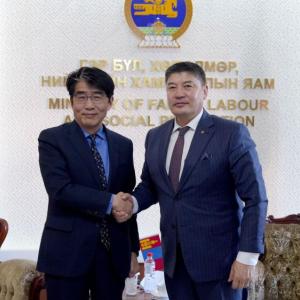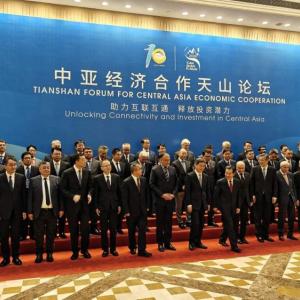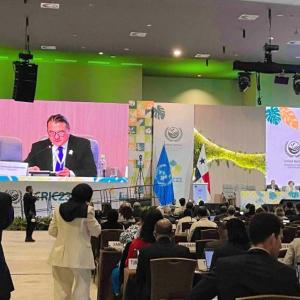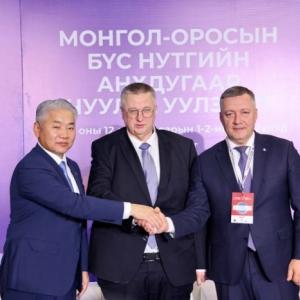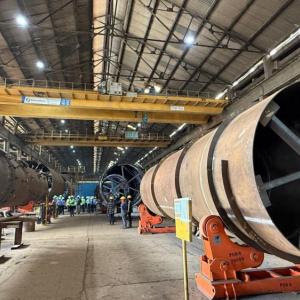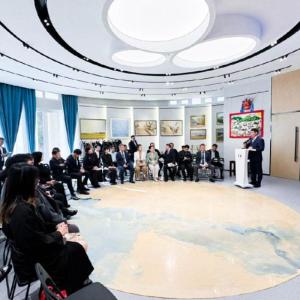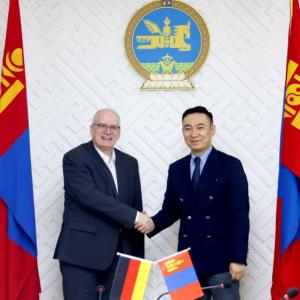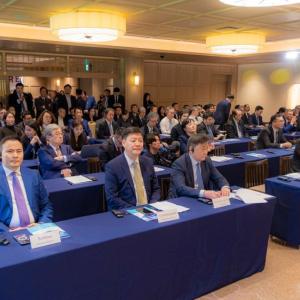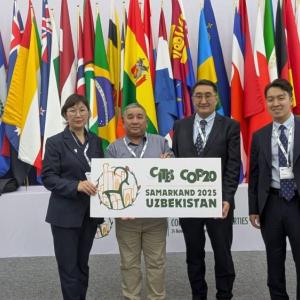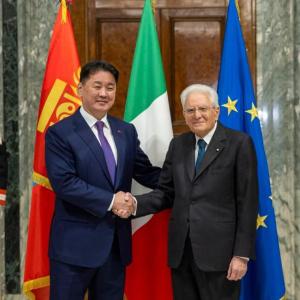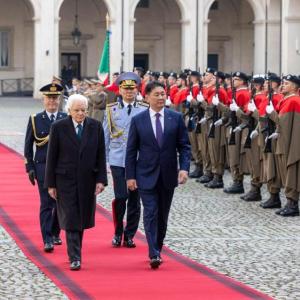Mongolia Presents Ongoing Measures to Support Landlocked Developing Countries at UN Conference
Politics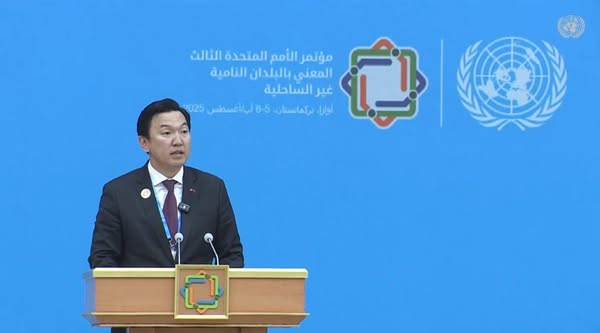
Ulaanbaatar, August 7, 2025 /MONTSAME/. The Third United Nations Conference on Landlocked Developing Countries (LLDCs) is taking place in Awaza, the Republic of Turkmenistan, from August 5 to 8, 2025.
The high-level meeting is held once every ten years to adopt a new 10-year action program addressing the unique development challenges faced by Landlocked Developing Countries.
Representing Mongolia, the Deputy Prime Minister and Minister of Economy and Development, Uchral Nyam-Osor, delivered remarks outlining Mongolia’s position on overcoming transit and trade-related constraints stemming from its landlocked status and ensuring effective implementation of the upcoming Awaza Programme of Action for LLDCs.
In his address, Deputy Prime Minister Uchral highlighted several key proposals included in the draft action program: “Scaling up infrastructure investment financing,” “Establishing a regional agricultural research center,” and “Creating a High-Level Panel under the UN Secretary-General on freedom of transit.” Deputy Prime Minister Uchral emphasized that all LLDCs should incorporate these priorities into their national development strategies to ensure meaningful progress.
Deputy Prime Minister Uchral also presented ongoing initiatives to safeguard the interests of LLDCs, including Mongolia’s cooperation with the International Civil Aviation Organization and the work of the International Think Tank for LLDCs, headquartered in Ulaanbaatar. The Think Tank conducts research and policy advocacy to support sustainable development and connectivity for landlocked countries.
The opening of the conference was attended by Secretary-General of the United Nations António Guterres, President of the Republic of Turkmenistan Serdar Gurbangulyýewiç Berdimuhamedow, President of the 79th session of the UN General Assembly Philemon Yang, and President of the UN Economic and Social Council Bob Rae (ECOSOC), among other high-level dignitaries.
LLDCs account for 8 percent of the world’s population and 12 percent of its land area, yet contribute just 1.2 percent to global trade. These nations remain economically isolated and face persistently high trade costs.

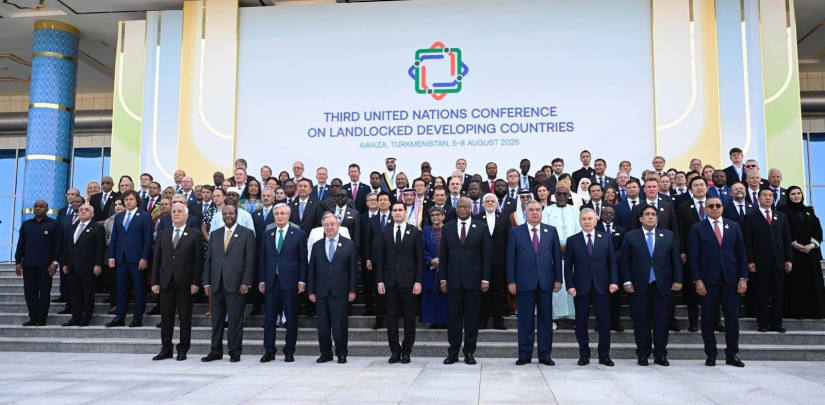
 Ulaanbaatar
Ulaanbaatar







